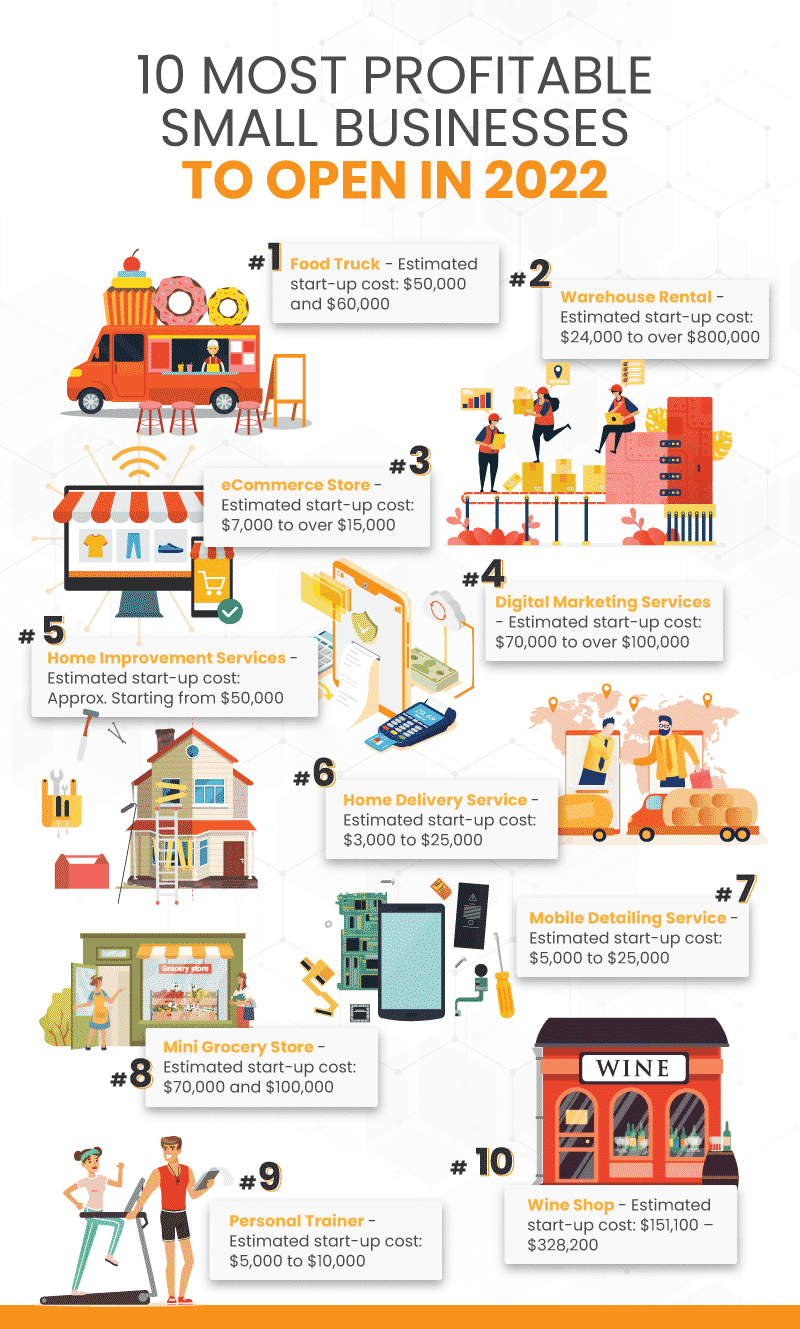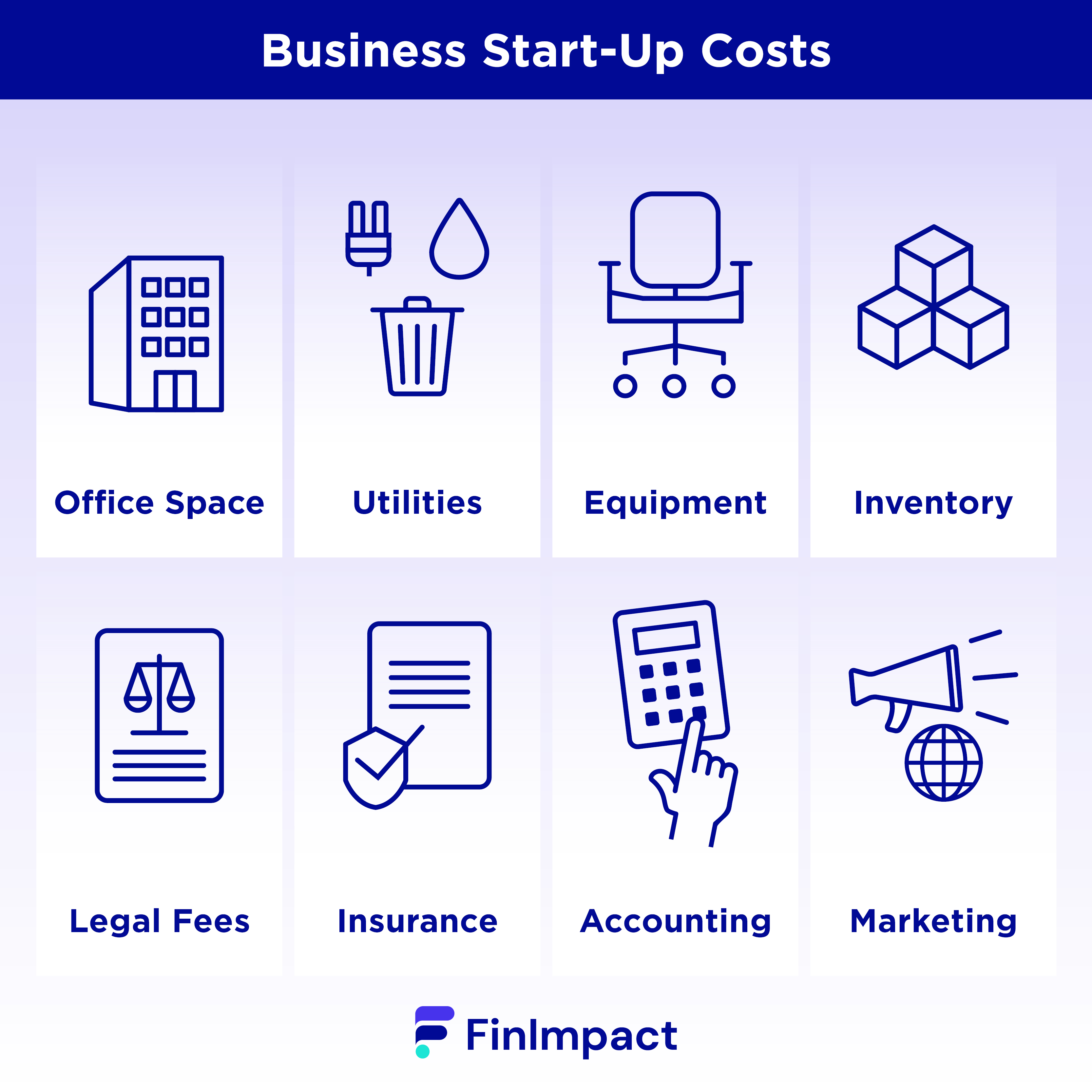
Embarking on the journey of entrepreneurship is like setting sail on an uncharted sea. It's exhilarating, challenging, and full of potential. But where do you begin? How do you transform a mere idea into a profitable small business? Whether you're a seasoned entrepreneur or a novice, starting a profitable small business requires careful planning, market research, and a solid business plan. In this guide, we'll walk you through the essential steps to launch your startup and turn your dreams into a reality.
Understanding the Basics of Profitable Small Business Ideas
Before diving into the specifics, let's understand what makes a small business profitable. Profitability isn't just about making money; it's about creating value that sustains and grows over time. A profitable small business idea should address a genuine need in the market, offer a unique solution, and have a clear path to generating revenue.
Conducting Thorough Market Research
Market research is the cornerstone of any successful business. It helps you understand your target audience, identify gaps in the market, and tailor your offerings to meet customer needs. Here are some key steps to conduct effective market research:
- Identify Your Target Market: Who are your potential customers? What are their demographics, preferences, and pain points?
- Analyze Competitors: Who are your competitors? What are their strengths and weaknesses? How can you differentiate your business?
- Gather Data: Use surveys, interviews, and online tools to gather data. Websites like SurveyMonkey and Google Trends can be invaluable.
- Assess Market Trends: Stay updated on industry trends and consumer behaviors. This will help you adapt and innovate.
Developing a Solid Business Plan
A well-crafted business plan is your roadmap to success. It outlines your goals, strategies, and financial projections. Here's what a comprehensive business plan should include:
- Executive Summary: A brief overview of your business, including your mission, vision, and key objectives.
- Company Description: Detailed information about your business, the problems it solves, and the customers it serves.
- Market Analysis: Insights from your market research, including target market, competition, and market trends.
- Organization and Management: Your business structure, ownership, and management team.
- Service or Product Line: Description of what you sell or offer.
- Marketing and Sales: Your marketing strategy, sales strategy, and sales projections.
- Funding Request: If you're seeking funding, outline your requirements and how you'll use the funds.
- Financial Projections: Provide financial forecasts to back up your funding request.
Managing Startup Costs
Startup costs can make or break your business. It's crucial to have a clear understanding of your initial expenses and ongoing costs. Here are some tips to manage your startup costs effectively:
- Create a Budget: List all your expenses, from rent and utilities to marketing and salaries.
- Prioritize Spending: Focus on essentials first. Avoid unnecessary expenses that don't directly contribute to your business goals.
- Seek Funding: Explore options like loans, grants, and investors. Websites like Kickstarter and Indiegogo can be great for crowdfunding.
- Negotiate: Don't be afraid to negotiate with suppliers and service providers to get better deals.
Identifying Revenue Streams
Identifying multiple revenue streams can ensure the sustainability of your business. Here are some strategies to diversify your income:
- Primary Revenue Stream: This is your main source of income, such as selling products or services.
- Secondary Revenue Streams: These could include subscription services, affiliate marketing, or licensing your technology.
- Passive Income: Consider ways to generate passive income, such as investing in stocks or real estate.
Implementing Your Profitable Small Business Ideas
Now that you have a solid foundation, it's time to implement your ideas. This phase involves turning your plans into actionable steps.
Building Your Brand
Your brand is more than just a logo; it's the identity of your business. A strong brand can differentiate you from competitors and build customer loyalty. Here are some steps to build your brand:
- Define Your Brand: What are your values, mission, and unique selling proposition?
- Create a Logo: Design a logo that represents your brand. Tools like Canva can help.
- Develop a Website: A professional website is essential. Use platforms like WordPress or Wix to create your site.
- Social Media Presence: Establish a presence on relevant social media platforms to engage with your audience.
Launching Your Business
Launching your business is an exciting milestone. Here are some steps to ensure a smooth launch:
- Pre-Launch Marketing: Build anticipation with teasers, countdowns, and pre-launch offers.
- Launch Event: Consider hosting a launch event, either online or in-person, to create buzz.
- Customer Feedback: Gather feedback from early customers to make improvements.
Scaling Your Business
Once your business is up and running, the next challenge is scaling. Here are some strategies to grow your business:
- Expand Your Product Line: Introduce new products or services to attract more customers.
- Enter New Markets: Explore opportunities to enter new geographical or demographic markets.
- Invest in Technology: Use technology to streamline operations and improve efficiency.
Overcoming Challenges in Entrepreneurship
Entrepreneurship is not without its challenges. From financial setbacks to market fluctuations, you'll face numerous obstacles. Here are some tips to overcome these challenges:
- Stay Adaptable: Be ready to pivot your strategies based on market conditions and customer feedback.
- Seek Mentorship: Connect with experienced entrepreneurs who can provide guidance and support.
- Maintain Financial Discipline: Keep a close eye on your finances and avoid overspending.

Case Studies of Successful Small Businesses
Learning from successful small businesses can provide valuable insights. Here are a couple of inspiring case studies:
- Airbnb: Started as a simple idea to rent out air mattresses, Airbnb has grown into a global hospitality service. Their success lies in identifying a unique market need and scaling effectively.
- Warby Parker: This eyewear company disrupted the industry by offering affordable, stylish glasses online. Their focus on customer experience and innovative business model has been key to their success.
Conclusion
Starting a profitable small business is a journey filled with opportunities and challenges. By conducting thorough market research, developing a solid business plan, managing startup costs, and identifying multiple revenue streams, you can turn your entrepreneurial dreams into a reality. Remember, success doesn't happen overnight. It requires patience, perseverance, and a willingness to adapt.
So, are you ready to take the plunge? The world of entrepreneurship awaits, and with the right strategies, you can build a business that not only survives but thrives.

FAQs
What are the most profitable small business ideas? The most profitable small business ideas vary by industry and market demand. However, some consistently profitable ideas include e-commerce stores, consulting services, food trucks, and subscription-based businesses.
How much capital do I need to start a small business? The amount of capital needed varies greatly depending on the type of business. Some businesses can be started with as little as a few thousand dollars, while others may require significant investment. Conducting thorough market research and creating a detailed business plan can help you determine your startup costs.
What are the common mistakes to avoid when starting a small business? Common mistakes include underestimating startup costs, not conducting adequate market research, failing to create a solid business plan, and not adapting to market changes. Seeking mentorship and staying informed can help you avoid these pitfalls.
How can I ensure my small business remains profitable? Ensuring profitability involves continuous market research, adapting to customer needs, diversifying revenue streams, and maintaining financial discipline. Regularly reviewing and updating your business plan can also help you stay on track.
What resources are available for small business owners? There are numerous resources available for small business owners, including government grants, small business loans, online courses, and networking events. Websites like the U.S. Small Business Administration and Score offer valuable resources and support.
Posting Komentar